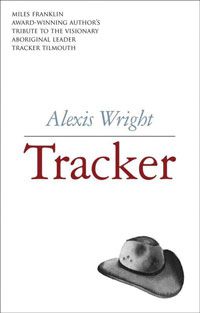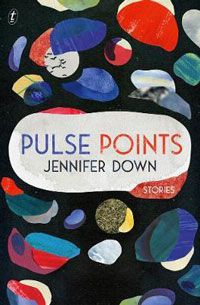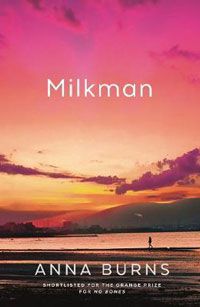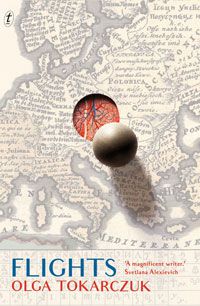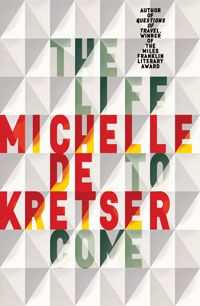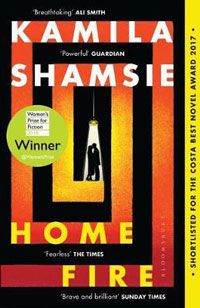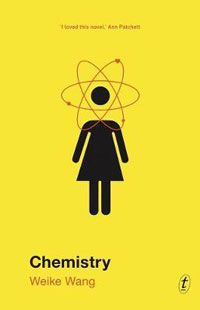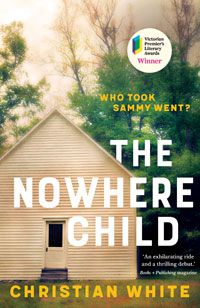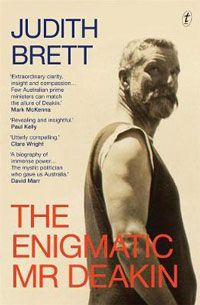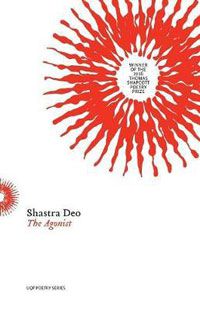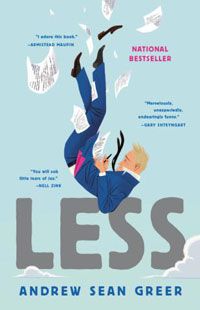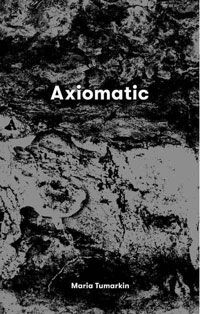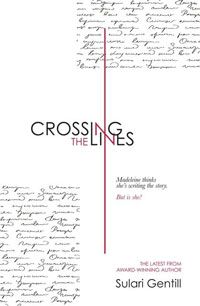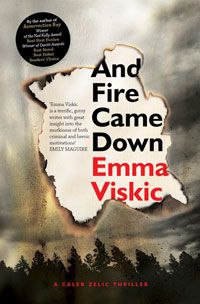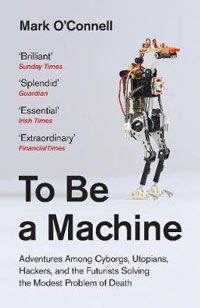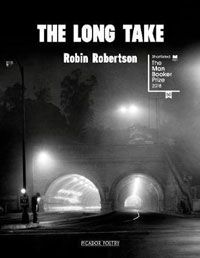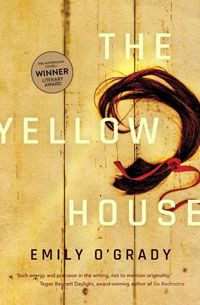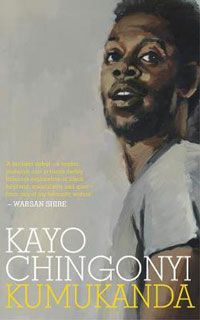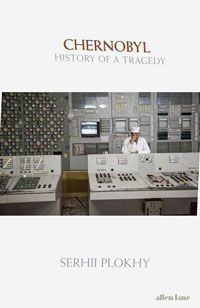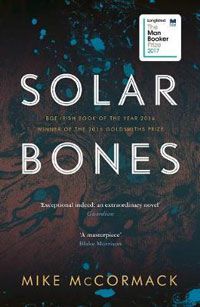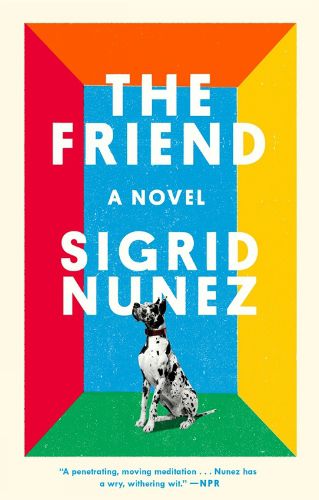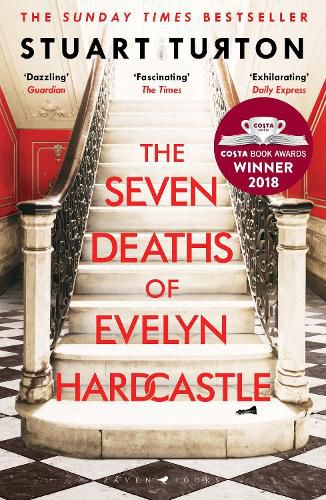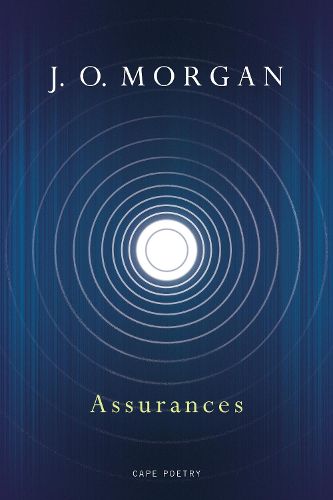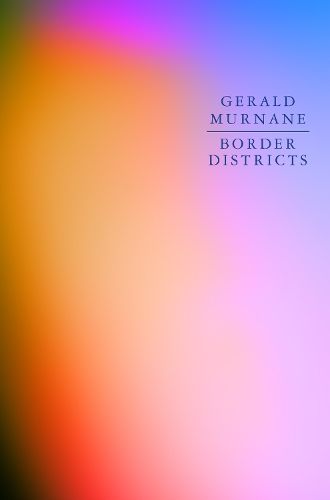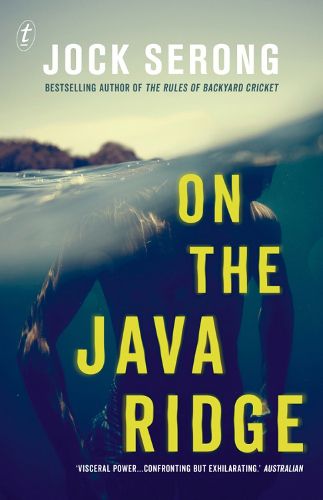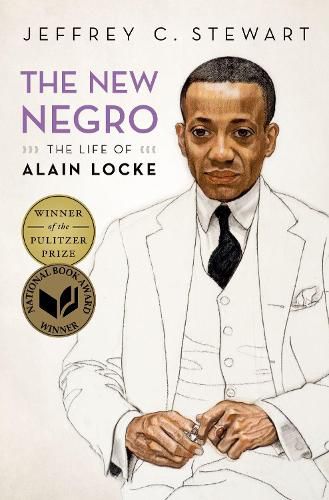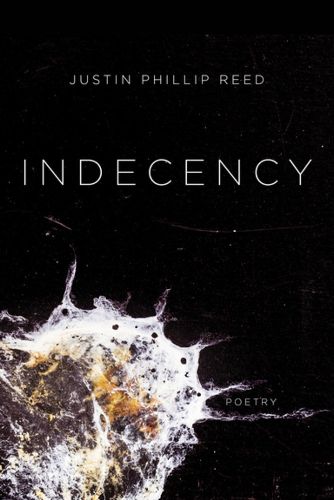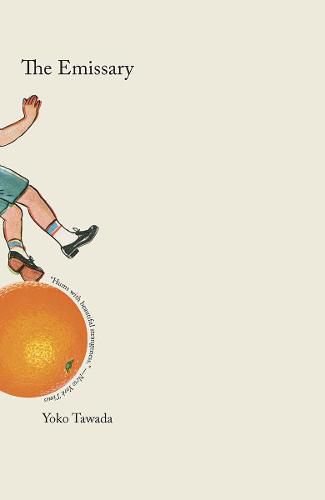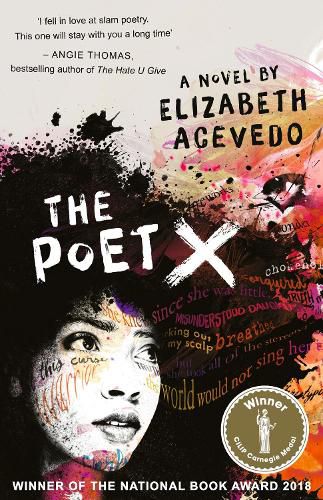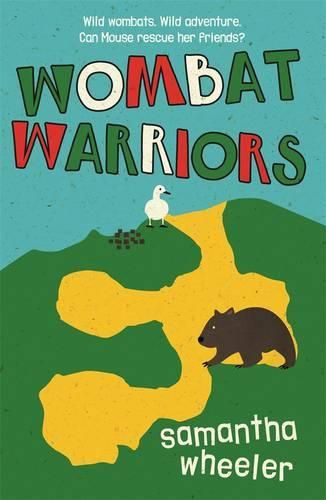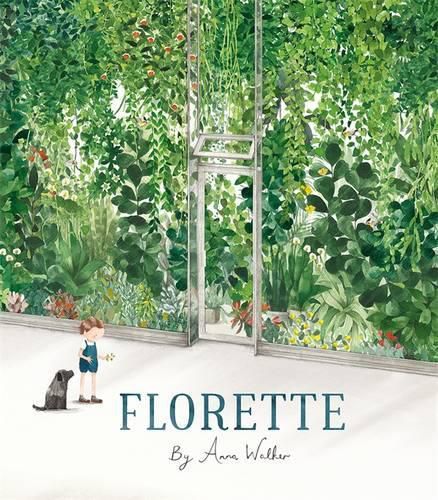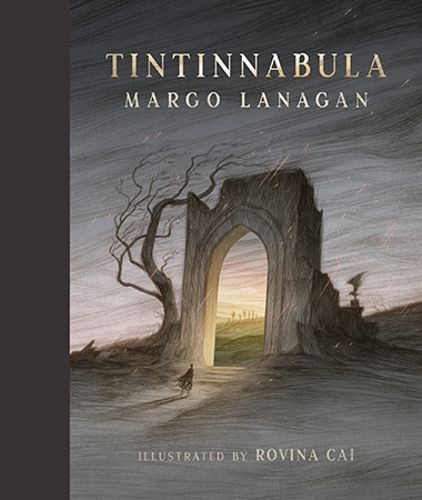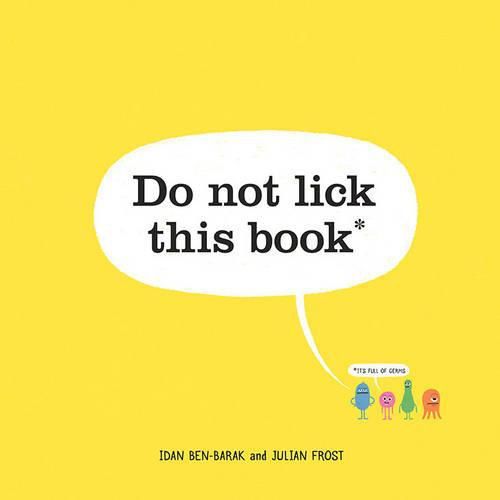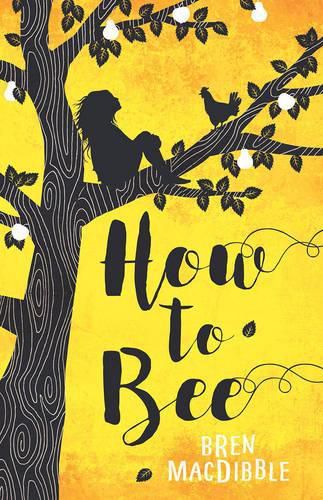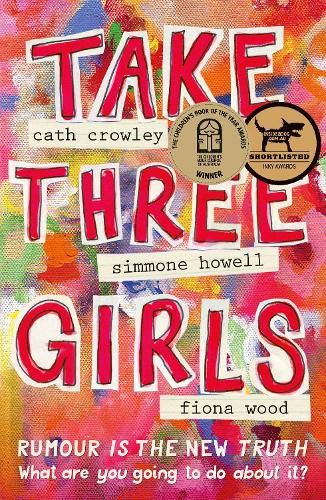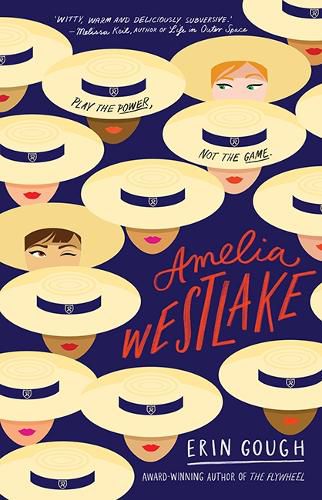Literary prize winners to read over the holidays
Looking for good summer reading recommendations? Here are 20 literary prize winners of the past year!
Tracker by Alexis Wright
Winner of the Stella Prize 2018
Tracker is a collective memoir of the charismatic Aboriginal leader, political thinker and entrepreneur Tracker Tilmouth, who died in Darwin in 2015 at the age of 62. The book is as much a testament to the powerful role played by storytelling in contemporary Aboriginal life as it is to the legacy of an extraordinary man.
Pulse Points by Jennifer Down
Winner of the Readings Prize for New Australian Fiction 2018
Pulse Points is the stunning second work of fiction from Melbourne writer Jennifer Down, a masterful stylist whose sharp eye has been compared to that of Helen Garner. The book comprises 14 short stories and each one is an an exquisitely crafted snapshot of everyday life, showing ordinary people grappling with the joys and heartaches of their lives.
Milkman by Anna Burns
Winner of the Man Booker Prize for Fiction 2018
Middle sister wants to keep everyone in the dark about her encounter with Milkman but when first brother-in-law sniffs out her struggle, and rumours start to swell, middle sister becomes ‘interesting’ – the last thing she ever wanted to be. Set in an unnamed city in Northern Ireland during the Troubles, Milkman is a timely and original novel.
Flights by Olga Tokarczuk (translated by Jennifer Croft)
Winner of the Man Booker International Prize 2018
In this unique work, Polish writer Olga Tokarczuk interweaves multiple narratives with brief reflections: Chopin’s heart is carried back to Warsaw in secret by his adoring sister; a woman must return to her native Poland in order to poison her terminally ill high school sweetheart. Throughout, Flights explores what it means to be a body in motion – not only through space, but also through time.
The Life to Come by Michelle de Kretser
Winner of the Miles Franklin Literary Award 2018
Set over Sydney, Paris and Sri Lanka, The Life to Come is a smart and politically engaged novel with a cutting sense of humour. In its pages we meet Pippa, a jealous and delusional writer who longs for success, along with a cast of other flawed, relatable characters. This is a story about intimacy, loneliness and our flawed perception of other people.
Home Fire by Kamila Shamsie
Winner of the Women’s Prize for Fiction 2018
A contemporary reimagining of Sophocles’s Antigone, Home Fire is an urgent and fiercely compelling work of storytelling. The novel centres on the Pasha family – Muslim Brits living in the shadow of their father’s terrorism, and the politics of the powerful people who treat them with hostility and contempt.
Chemistry by Weike Wang
Winner of the PEN/Hemingway Award 2018
Our unnamed narrator is three years into her post-grad studies in chemistry and nearly as long into her relationship with her devoted boyfriend, who has just proposed. But while his future seems straightforward, hers is feeling increasingly unstable unstable – her research is stagnating and the demands of her Chinese parents are crowding her thoughts. Eventually, the pressure will become unbearable.
The Nowhere Child by Christian White
Winner of the Victorian Premier’s Literary Award for an Unpublished Manuscript 2017
Inspired by Gillian Flynn’s frenetic suspense and Stephen King’s masterful world-building, The Nowhere Child is the tale of a Melbourne woman who gets caught up in a decades-old missing child case and finds herself travelling to Manson, Kentucky in search of the truth. This is an electrifying and combustible thriller that’s sure to have you on the edge of your seat.
The Enigmatic Mr Deakin by Judith Brett
Winner of the National Biography Award 2018
Alfred Deakin – scholar, spiritualist, prime minister – was instrumental in creating modern Australia. In this first biography of Deakin in more than half a century, political historian Judith Brett deftly weaves together his public, private and family lives and presents an intimate portrait of the gifted and eccentric figure whose legacy continues to shape the contours of the nation’s politics.
The Agonist by Shastra Deo
Winner of the Australian Literature Society (ALS) Gold Medal 2018
With its wildness and originality, The Agonist is an exhilarating poetry collection. Exploring the languages of anatomy, etymology and incantation, these poems craft conversations about fracture and repair, energy, love and danger.
Less by Andrew Sean Greer
Winner of the Pulitzer Prize for Fiction 2018
When Arthur Less is invited to his ex-lover’s wedding, he does what any almost-50, failed novelist with zero self-respect would do – he accepts a series of half-baked invitations to literary events around the world and flees the country. What would possibly go wrong? This is a scintillating satire of the American abroad, a rumination on time and the human heart, and a bittersweet romance of chances lost.
Axiomatic by Maria Tumarkin
Winner of the Melbourne Prize Best Writing Award 2018
More than eight years in the writing, Axiomatic is a boundary-shifting fusion of storytelling, reportage and meditation. Family tragedies, the justice system, intergenerational trauma: all these stories demonstrate the role the past plays in our present, no matter how much we try to deny or explain it away.
Crossing the Lines by Sulari Gentill
Winner of the Ned Kelly Award for Best Fiction 2018
Mystery writer Madeleine d'Leon is working on a new story featuring her beloved protagonist, literary writer Ned McGinnity, who in turn, happens to be writing a story about Madeleine. As Ned and Madeleine play out their own lives while writing the other’s story, they find themselves crossing the lines that divide the real and the imagined.
And Fire Came Down by Emma Viskic
Winner of the Davitt Award for Best Adult Novel 2018
Deaf since early childhood, Caleb Zelic is used to meeting life head-on but after recent events, he’s struggling more than usual. His best mate is dead, his ex-wife, Kat, is avoiding him, and he’s plagued by nightmares. When a young woman is killed, after pleading for his help in sign language, he’s determined to find out who she was. The trail leads Caleb back to his home, Resurrection Bay, where the town is on bushfire alert and simmering with racial tensions.
To Be a Machine by Mark O'Connell
Winner of the Wellcome Book Prize 2018
Mark O'Connell presents the first full-length exploration of transhumanism, painting a vivid portrait of an international movement driven by strange and frequently disturbing ideas and practices, but whose obsession with transcending human limitations can be seen as a kind of cultural microcosm. To Be a Machine is an Adventure in Wonderland for the modern age.
The Long Take by Robin Robertson
Winner of the Goldsmiths Prize 2018
Walker has recently been demobilised after war. Suffering from post-traumatic stress disorder, and unable to face a return to his family home in rural Nova Scotia, Canada, he goes in search of freedom, change, anonymity and repair. This book follows Walker through a sequence of poems as he moves through post-war American cities of New York, Los Angles and San Francisco.
The Yellow House by Emily O'Grady
Winner of the Australian/Vogel’s Literary Award 2017
Cub lives with her parents, older brother Cassie, and twin brother Wally on a lonely property bordering an abandoned cattle farm and knackery. Their lives are shadowed by the infamous actions of her Grandad Les, who used to live in the yellow weatherboard house next door. When Cub’s estranged aunt Helena and cousin Tilly move into the yellow house, long-ago secrets begin to bubble to the surface.
Kumukanda by Kayo Chingonyi
Winner of the International Dylan Thomas Prize 2018
Kumukanda is the name given to the rites a young boy from the Luvale tribe must pass through before he is considered a man. The poems of Kayo Chingonyi’s remarkable debut collection explore this passage – one between two worlds: ancestral and contemporary; the living and the dead; who he is and how he is perceived. Kumukanda is a powerful exploration of race, identity and masculinity.
Chernobyl: History of a Tragedy by Serhii Plokhy
Winner of the Baillie Gifford Prize 2018
On 26 April 1986 at 1.23am a reactor at the Chernobyl Nuclear Power Plant in Soviet Ukraine exploded. While the authorities scrambled to understand what was occurring, workers, engineers, firefighters and those living in the area were abandoned to their fate. The blast put the world on the brink of nuclear annihilation, contaminating over half of Europe with radioactive fallout. In this gripping work, historian Serhii Plokhy draws on recently opened archives to recreate these events.
Solar Bones by Mike McCormack
Winner of the International DUBLIN Literary Award 2018
Once a year, on All Souls’ Day, it is said in Ireland that the dead may return. Solar Bones is the story of one such visit. Marcus Conway, a middle-aged engineer, turns up one afternoon at his kitchen table and considers the events that took him away and then brought him home again. A beautiful and haunting elegy, this story captures how minor decisions ripple into waves and test our integrity every day.



